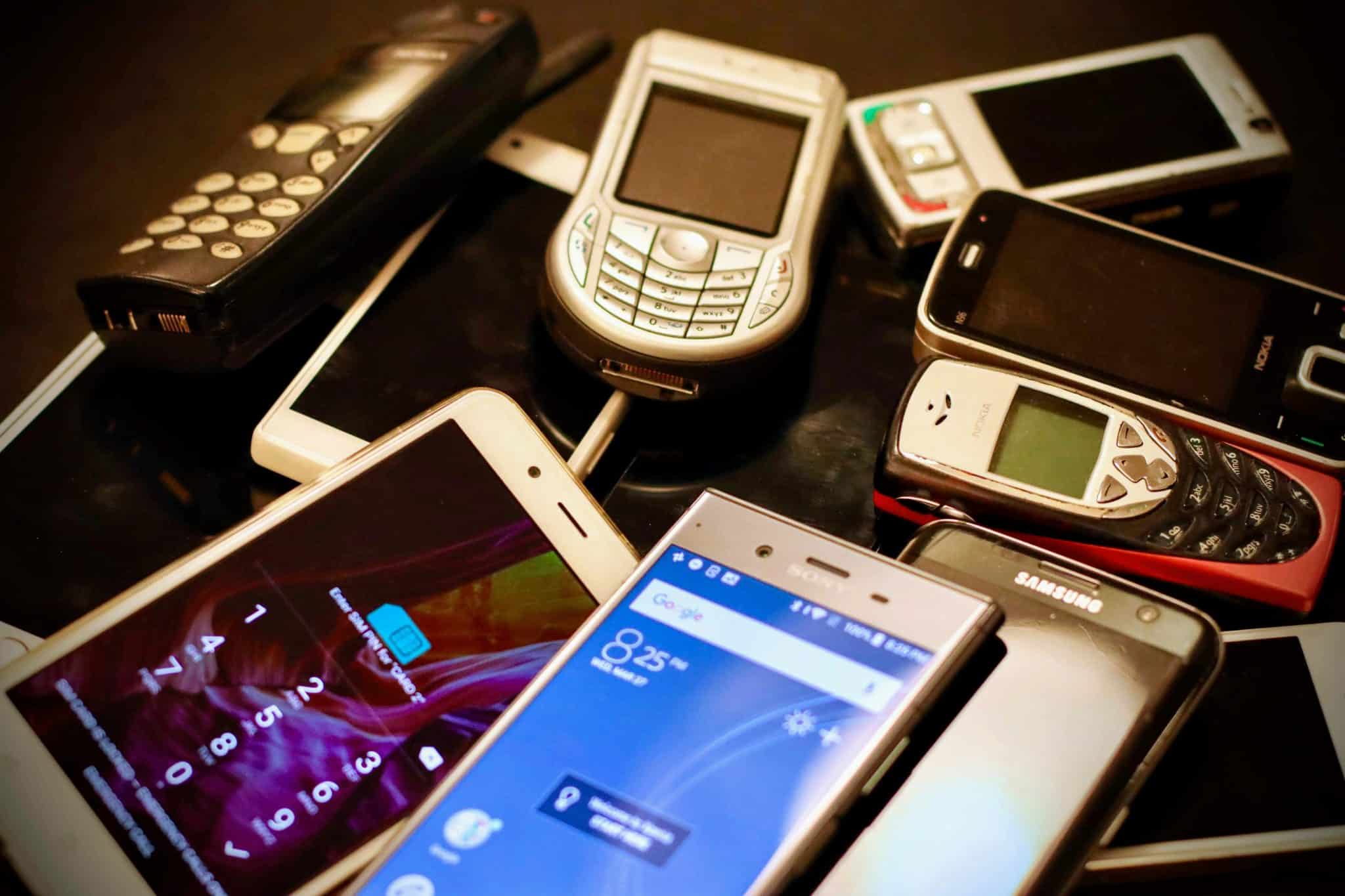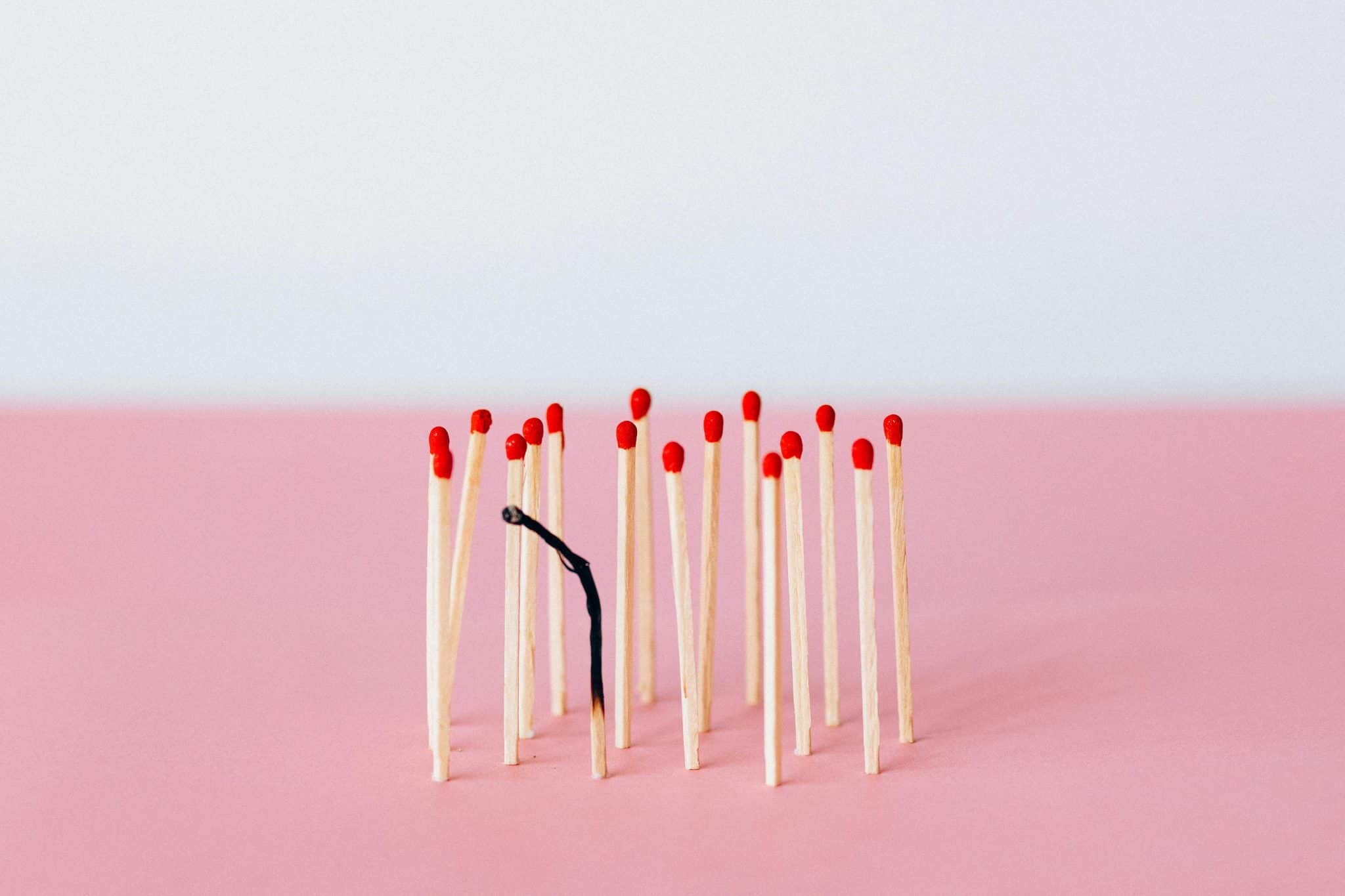Susan Dennard: Finding the Focus to Become a Full-Time Novelist

At Freedom, we love our users – not just because they use our product, but because they’re cool – cool people working on cool stuff. Academy Award-nominated screenwriters, bestselling authors, editors, journalists, developers, bloggers, illustrators, designers, academic researchers, explorers, and entrepreneurs – the Freedom community is packed with curious, creative, and efficient go-getters. We love to share their stories and advice, because how better to learn about productivity than from the productive?
Meet Susan Dennard.
Susan Dennard has come a long way from her start in small-town Georgia. She started her career working as a marine biologist, which allowed her to travel the world — visiting six out of seven continents (Asia is the last one left) —before deciding to settle down as a full-time novelist and writing instructor.
Since making the switch, Susan has authored multiple series, including the New York Times bestselling Witchlands series. While learning how to write and get published, she decided to share her findings through her blog and also created the popular newsletter for writers called Misfits & Daydreamers.
When she’s not writing, you can find her slaying darkspawn on her Xbox or earning bruises at the dojo. Susan is currently based in the Midwestern US with her French husband, two spoiled dogs, and two grouchy cats.
With a wealth of varied experience, we figured we’d step back and let her tell you how she found the focus to become a full-time writer.
How did you know that you wanted to be an author and writing instructor what were your first steps in making this your career?
I was working in marine ecology when I decided to write a novel for publication. I had always written for fun, but I had never tried to go anywhere with that hobby. Then my fiancé (now husband) and I moved to Germany, and my job was only part time. So I thought, “Why, I think I shall try to sell a book! Huzzah!
Cue: laugh track. As if it’s that easy to just “write and sell a book.” Honestly, in hindsight, it’s probably good I was so naive because I don’t think I’d have had the guts to attempt publication if I’d known how tough the whole process can be — from writing a novel to actually selling it.
The first step I took on my own journey was to write (and revise) a book — because, of course, you can’t get published without a finished novel.
I wrote one book. It was bad. I threw it out.
Then I wrote another book. It was better, and I loved it enough to keep working on it — which I then did! For a whole year, I revised and polished that baby. I also used that year to research everything I could about how the publishing industry worked. Then, when I was ready to start querying agents (the first step in traditional publishing), I knew exactly which agents were looking for a book like mine.
My dream agent ended up offering to represent me, and a few weeks after signing, she sold my debut, Something Strange & Deadly, to HarperCollins. It all happened a lot faster than I expected — which is why I always add here that I got really lucky.
I can’t emphasize that enough. Sure I worked hard, but I also got so, so, so lucky.

Traditional publishing is not a meritocracy. It is 10% hard work and 90% good luck. Yes, you have to make your book the best it can be, but after that, there is so much timing involved — right book, right desk, right day. And while hard work might open up opportunities, at the end of the day, almost all of publishing is out of an author’s control. I can’t make an agent represent me, I can’t make a publisher buy my book, and I can’t make book stores stock that book or readers read it.
As for teaching about writing, that part of my career began when I first started writing for publication. Blogging was The Thing That One Did in 2009, so I thought I would too. And as someone who loved teaching science, teaching writing seemed the logical leap — so what if I didn’t actually know anything! I’d just share what I learned as I learned it.
At first, literally no one read my posts except my mom. But over the years, I started to build an audience. Quite a large one, in fact. (I always joke that, until the Witchlands series, my writing advice was more popular than my published books.) I have a knack for breaking down difficult craft concepts, and I’m extremely transparent about the realities of publishing. That honesty resonates with people.
These days, I have a biweekly newsletter (which stemmed from the blog) called the Misfits & Daydreamers. It’s aimed at aspiring authors and is entirely free.
At what point did you realize that tech, apps, and sites were taking a toll on your productivity, time, and relationships?
I realized tech apps were a real problem for me in the summer of 2015, when I was struggling to not only finish a book but to even feel creative anymore.
As an author, I rely on social media to reach readers. My fans are online, and if I want to promote my books best, I need to be on Twitter and Instagram with them. I love that part of my job — don’t get me wrong! Connecting with readers is the ultimate reward for all the solo-slog of drafting.
But social media is also a trap, and the dopamine hit from a new notification never fails to suck me in — especially when my anxiety is at its fiercest. And of course, my anxiety only worsens the longer I sit there, cycling through apps in search of another “hit.”
As such, I have to enforce serious restrictions on my social media and phone use. Especially when I’m drafting a new book and need my creativity at its best (and my anxiety at its quietest).
How do you prioritize what gets your time and attention each day?
My job is to write novels. That is the basis of my career, and so creative work always has to come first.
I start my day with that part of my job: brainstorming, outlining, drafting, revising — whatever step of the process I’m currently in for my latest project.
At lunch time, I shift gears to work on the administrative parts of my job. People don’t often think of authors as entrepreneurs, but we are! Not only are we writing novels for our publishers, but we’re also managing the business side by promoting and marketing our work, traveling to events and signings, and just dealing with all the nuts and bolts of running a business.
Then, in the late afternoon, I usually turn back to the creative work for a few more hours. I’ve found that morning and late afternoon are the peak times for my “muse,” so I lean into that as much as I can.
How do you stay focused and motivated on a daily basis? Do you have a routine, ritual, or process that helps to get into a productive flow?
I love routines and rituals. And I definitely rely on them.
As I mentioned, mornings are my main time for creative deep work. My brain knows that, so I wake up ready to think that way. I literally get grumpy if I have to start my day any other way.
Once I have my coffee in hand and I’m in my office, my brain is all ready and triggered to be creative.
I maintain this routine on the weekends too. The sessions are shorter, but I still commit to rising early and focusing on my current project(s) for as long as I can. Like I said: I get grumpy if I don’t do this. I am a storyteller, so my brain wants to produce stories. Even though some days are definitely tougher than others, it’s a part of me I simply cannot shut off.
How do you optimize your environment for productivity and focus? How do you incorporate Freedom into your schedule?
Freedom is a big part of my day. I have it set on a daily schedule that blocks me from email, Twitter, Instagram, and WhatsApp until 10AM — and that’s for my phone and computer. This ensures my mornings really do stay focused on creative deep work.
And sure, I know that I said I love my morning routine, but let’s be real: if I can check Twitter and get sucked into that, I 100% will. It’s much easier to scroll through feeds than it is to stare at my whiteboard and think really hard for hours on end. Or stare at a blinking cursor and try to tackle my current scene. And once I’m on social media (or email), it’s almost impossible to pull away. That dopamine is no joke!
I know that I said I love my morning routine, but let’s be real: if I can check Twitter and get sucked into that, I 100% will. It’s much easier to scroll through feeds than it is to stare at my whiteboard and think really hard for hours on end.
Susan Dennard
What resources or tools do you use daily and have found most beneficial to your working process?
I could not live without my whiteboard, index cards, and Scrivener. These are the most important tools for me. My whiteboard is where I do all of my high level brainstorming, my index cards are for the nitty gritty outlining and scene planning, and Scrivener is where I actually draft (and revise) my novel.
I also have a Rocketbook — which is an erasable notebook — and I’m obsessed. It goes with me everywhere.
And, the newest tool in my box is a digital recorder. It’s nothing fancy, but I use it to capture ideas when I’m driving or walking my dogs. Basically, ideas are always coming, but I’m not always in a position to write them down. Phone recording tends to be clunky and slow (ideas come fast!), but a digital recorder is so easy to use. I just hit record and go.
What projects are you currently most excited about?
Right now, I’m in the middle of the Witchlands series. The fourth book, Bloodwitch, just hit stores in February, so I’m hammering away at the next story in that world.
And oh, what a world. The Witchlands series is massive and complicated (think feminist Game of Thrones with less violence and more magic). Each books is like giant Lego castles with a thousand parts and no guide. It’s my job to find the best way to assemble each castle…and then assemble all those to an even larger whole.
As I’m sure you can imagine, it takes serious focus.
What do you do outside of your work routine that helps you stay healthy and productive?
I really have to prioritize healthy habits because when a deadline comes and I’m trying to write a lot of words in a short amount of time, my concern for health completely flies out the window. Like, sure, I might have a morning routine of yoga and meditation right now, but that totally vanishes when a deadline is breathing down my neck.
I combat my inactivity and terrible posture by doing pilates and karate. I find both to be physically and mentally healing after a long day of drafting. Plus, I like the accountability of having a class. As much as I love to pretend I’m self-motivated enough to exercise at home…I’m not. And I never do.
Another thing I am careful about is caffeine. I can easily drink way too much of it, which not only wrecks my stomach, but wrecks my sleep. A few years ago, I weaned myself off of caffeine entirely, switching to decaf coffees and teas, and that has helped my sleep, my anxiety, and my stomach. Now, I’ll have caffeine from time to time, but I save it for special occasions — like when I know I’m going to work at a coffee shop for the day.
I really love that now, when I have “real” coffee, I feel the effects in a big way.
To learn more about Susan and her work, you can visit her website, Twitter, or Instagram. Aspiring authors can check out her popular newsletter, the Misfits & Daydreamers.


